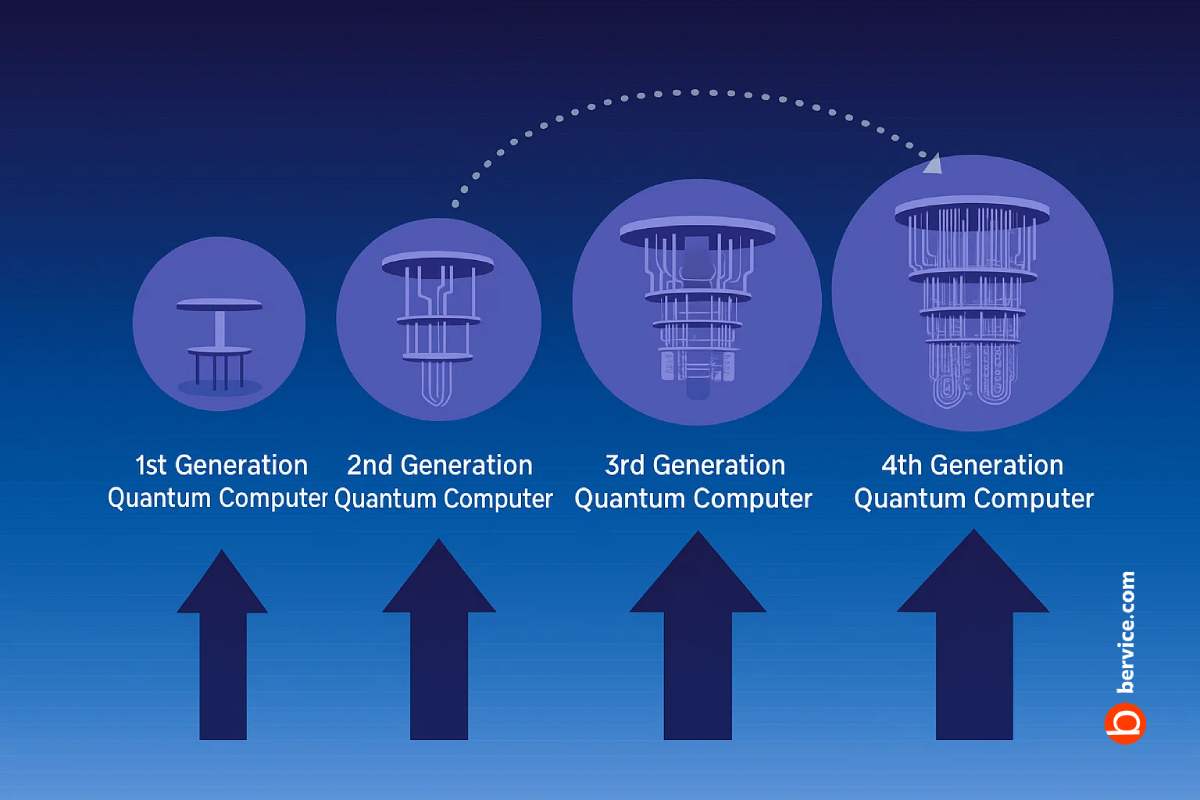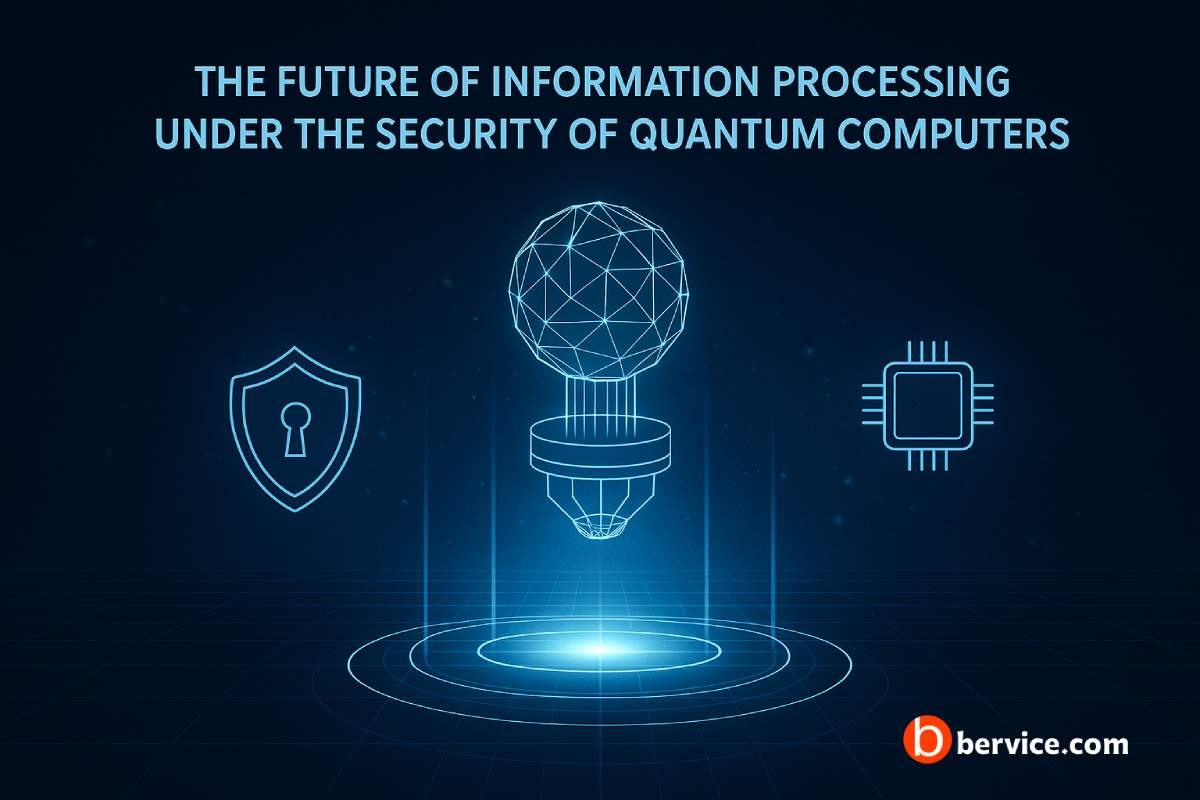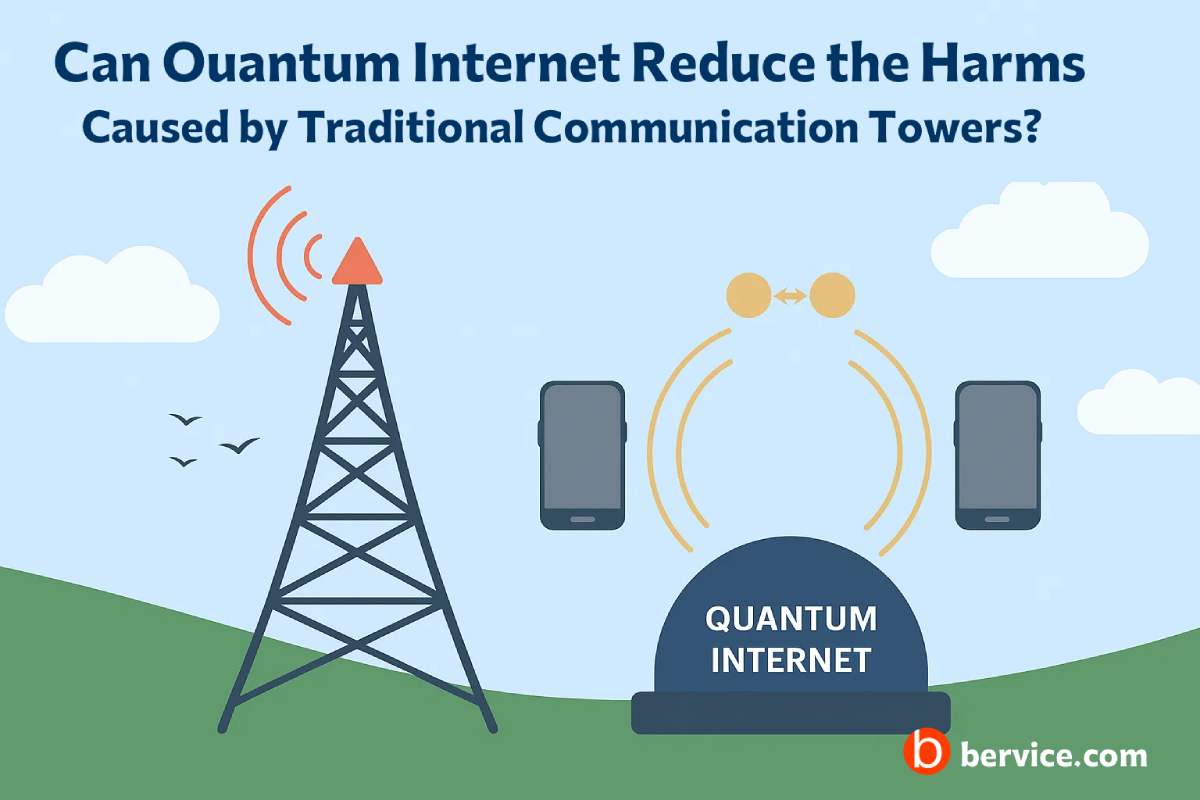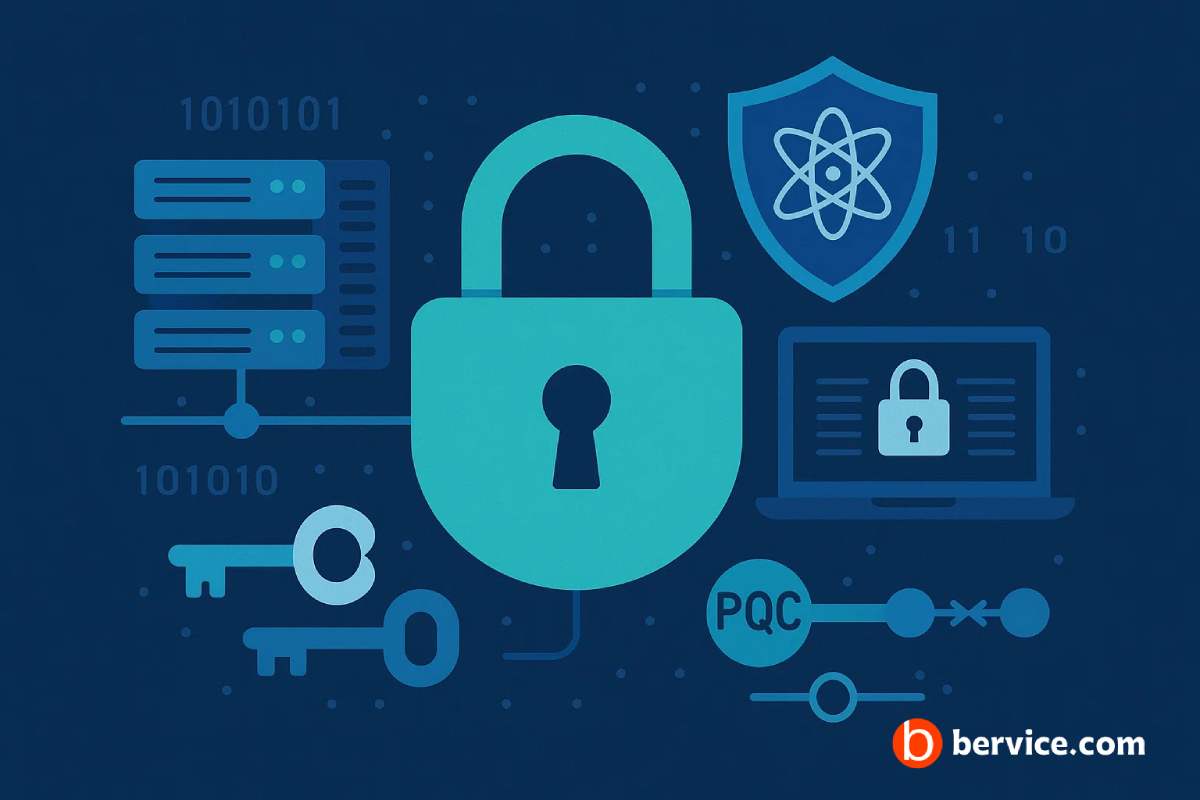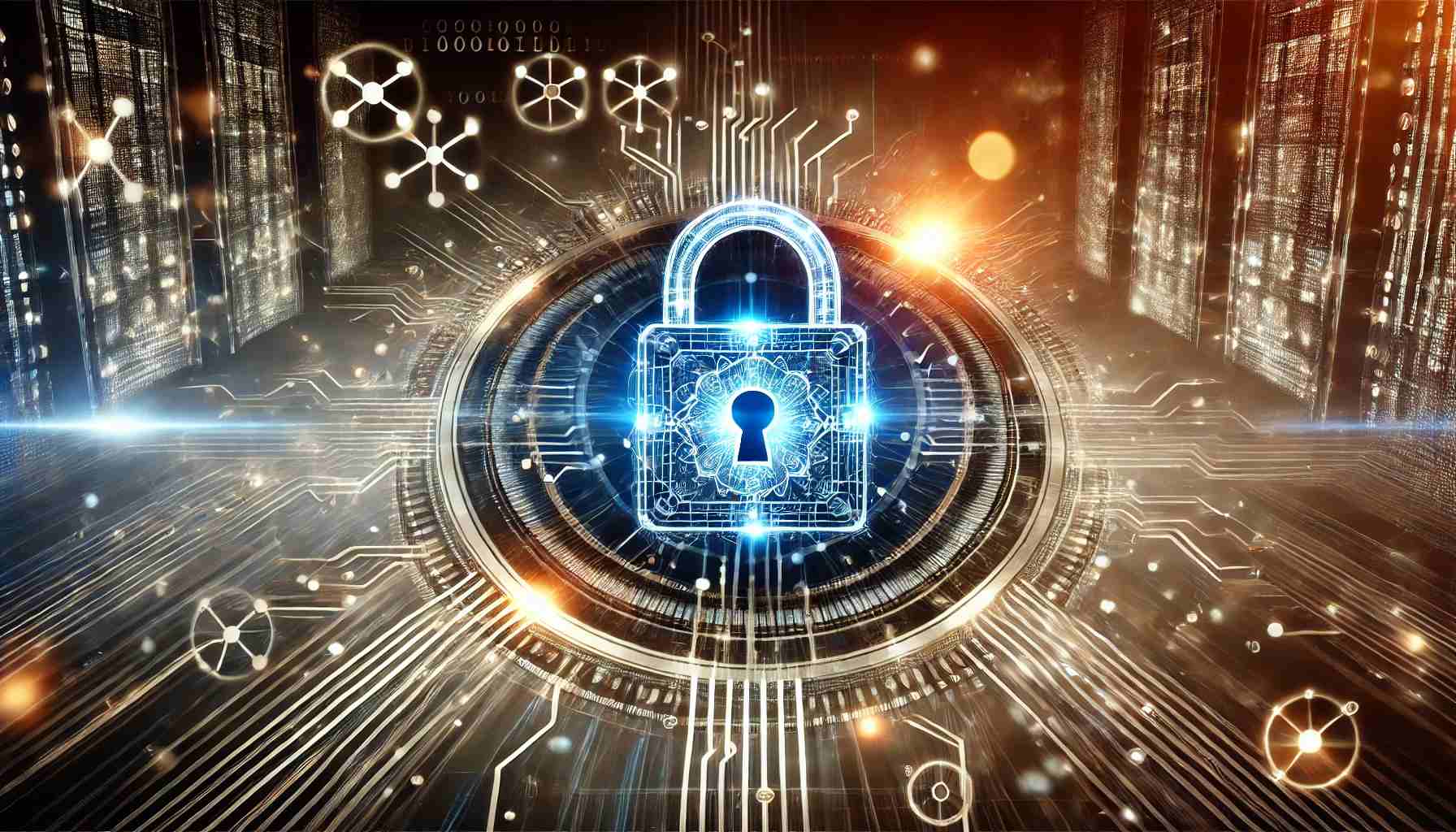
Quantum computing is a rapidly advancing field that promises to revolutionize many aspects of technology. Among its potential applications, one of the most concerning for data security experts is the impact quantum computers may have on modern encryption systems.
Encryption, particularly asymmetric encryption, is fundamental to securing data across the internet today. Algorithms like RSA and ECC (Elliptic Curve Cryptography) are widely used to protect sensitive information, such as financial transactions, personal communications, and governmental data. These encryption systems rely on mathematical problems that are computationally difficult for classical computers to solve. For instance, RSA is based on the challenge of factoring large numbers, while ECC relies on solving complex discrete logarithms.
However, quantum computers operate on fundamentally different principles from classical computers. They utilize quantum bits (qubits), which can represent multiple states simultaneously due to quantum superposition. This capability allows quantum computers to solve certain computational problems much more efficiently than traditional computers. One of the most notable algorithms in this regard is Shor’s algorithm, which can factor large numbers and solve discrete logarithms exponentially faster than classical algorithms.
How Quantum Computers Could Break Encryption
The implications of Shor’s algorithm are profound. Modern encryption systems, like RSA and ECC, rely on the assumption that certain mathematical problems are difficult to solve with classical computing power. Quantum computers could break this assumption and efficiently solve these problems, effectively rendering these encryption methods insecure.
For example, RSA encryption, which is widely used for securing online communications and transactions, relies on the fact that factoring a large composite number (the product of two prime numbers) is a computationally expensive task. For classical computers, this task becomes increasingly difficult as the numbers grow larger, which is why RSA encryption is secure for current technology. But with a sufficiently powerful quantum computer running Shor’s algorithm, this task becomes manageable in a fraction of the time it would take a classical computer.
The same holds true for ECC, which is considered more efficient and secure than RSA in many applications. It also depends on the hardness of discrete logarithms, a problem that quantum computers can solve much more efficiently.
The Potential Timeline for Quantum Computers Breaking Encryption
Despite the significant potential of quantum computers, the technology is still in its early stages. Current quantum computers are relatively small in scale and are not yet capable of breaking the encryption systems in use today. Leading experts in quantum computing believe that it will take years, possibly even decades, before quantum computers are powerful enough to break modern encryption methods.
Nevertheless, the mere potential of such a breakthrough has raised concerns about the future of data security. Experts are already working on developing encryption algorithms that are resistant to quantum attacks, a field known as post-quantum cryptography. These new algorithms are designed to be secure even against the computational power of quantum computers.
Post-Quantum Cryptography: The Solution to the Quantum Threat?
Post-quantum cryptography is an area of active research aimed at creating encryption algorithms that remain secure even in the presence of powerful quantum computers. These algorithms rely on mathematical problems that are believed to be difficult for quantum computers to solve. Examples include lattice-based cryptography, hash-based cryptography, and multivariate quadratic equations, among others.
While post-quantum cryptography is still in the development phase, several algorithms have already been proposed and are undergoing rigorous testing. Some of these algorithms are being considered for inclusion in future standards by organizations like the National Institute of Standards and Technology (NIST), which is working on a post-quantum cryptography standard.
The Future of Data Security in a Quantum World
As quantum computing continues to advance, it is clear that it will have a profound effect on the world of cryptography. Quantum computers will likely break existing encryption methods, which could expose vast amounts of sensitive data to potential breaches. However, the rise of post-quantum cryptography offers hope for securing data in the future, ensuring that modern systems remain protected as quantum technology matures.
While we may not yet be at the point where quantum computers can break encryption in seconds, the race to develop quantum-resistant cryptographic systems is already underway. It is essential that the cybersecurity community prepares for a quantum-enabled future by researching and implementing these new cryptographic standards.
Connect with us : https://linktr.ee/bervice
